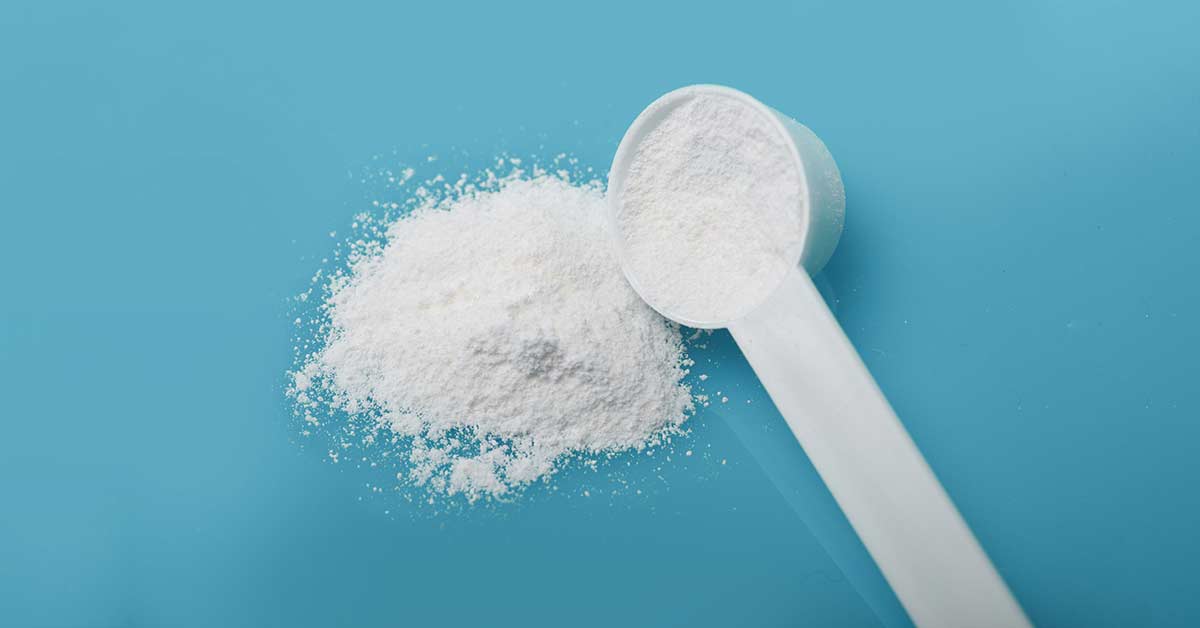The subject is Creatine!
Creatine is one of the most studied and widely used supplements in the fitness world, known for its ability to enhance athletic performance and promote muscle gain. However, despite its popularity, many still have doubts about its effectiveness and safety. In this article, we will explore the proven benefits of creatine and debunk some of the most common myths surrounding its use.
Many people hesitate to use creatine because they believe it can cause health issues, such as kidney problems or excessive water retention. These concerns largely stem from misinformation or incomplete information. By providing data based on scientific research, we hope to clarify these issues and help our readers make informed decisions about using this supplement.
Creatine is a natural compound found in small amounts in foods like meat and fish and is also produced by our bodies. Supplementing with creatine can be an effective way to improve athletic performance, increase muscle mass, and promote post-workout recovery. Let’s explore these benefits in more detail and address the main myths surrounding its use.
Benefits of Creatine
Performance Enhancement
Creatine is known to improve performance in high-intensity, short-duration activities like weightlifting and sprints. Studies show that creatine supplementation can increase muscle strength and power by up to 15%.
Muscle Mass Gain
One of the most appreciated benefits of creatine is the increase in muscle mass. This occurs due to the enhanced ability to perform more intense and prolonged workouts, as well as promoting water retention within muscle cells, contributing to faster muscle growth.
Accelerated Recovery
Creatine also helps with post-workout recovery, reducing inflammation and muscle damage caused by intense exercise. This means less muscle soreness and faster recovery, allowing for more frequent and efficient training sessions.
Common Myths about Creatine
Causes Kidney Damage
One of the most persistent myths is that creatine can cause kidney damage. However, extensive studies have shown that creatine supplementation is safe for healthy individuals, with no significant adverse effects on the kidneys.
Excessive Water Retention
Another myth is that creatine causes excessive water retention, resulting in a “bloated” appearance. While creatine can increase water retention within muscle cells, this is beneficial for muscle growth and should not be confused with subcutaneous water retention that causes bloating.
Only for Professional Athletes
Many people believe that creatine is only useful for professional athletes. However, anyone who exercises regularly can benefit from creatine supplementation, regardless of their training level.
Safe Dosage and Professional Consultation
Recommended Dose
The safe and effective dose of creatine generally recommended is 3 to 5 grams per day. This amount can vary based on body weight, activity level, and personal goals.
Consult a Nutritionist
While creatine is widely considered safe, it is always advisable to consult a nutritionist or healthcare professional before starting any supplementation. They can provide personalized guidance based on your specific needs and conditions, ensuring safe and effective use of the supplement.
Conclusion
Creatine is a safe and effective supplement that can offer various benefits, from improving athletic performance to increasing muscle mass and accelerating recovery. Debunking the myths surrounding creatine is essential so that more people can take advantage of its benefits. Based on scientific evidence, we can affirm that creatine is a valuable addition to the routine of anyone looking to improve their physical performance and overall health.














